07 Feb 2017
UMR Agro-ecology and LabEx SPS: a fantastic potential for plant research
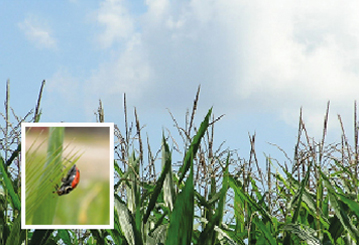 Two world class reseach units within the Vitagora network group together over over 60 research teams and a total of nearly 900 research personnel, contributing vital knowledge to advance the practices of sustainable agriculture. For the good of our food, our health and our relationship to the environment.
Two world class reseach units within the Vitagora network group together over over 60 research teams and a total of nearly 900 research personnel, contributing vital knowledge to advance the practices of sustainable agriculture. For the good of our food, our health and our relationship to the environment.
Agro-ecology research unit (Dijon)
Improving knowledge and understanding of microbial and plant biodiversity
In 2014, a new Agro-ecology research structure was formed by grouping together and "mixing" a number of existing research units and a high tech platforms into 4 new departments :
- The ecology of communities as well as the development and multi-criterial evaluation of sustainable agricultural systems using fewer synthetic products
- Genetic and eco-physiological determinants of adaptations of plants to innovative growing systems
- Analysis of interactions between plants and micro-organisms on a molecular and cellular level
- How changes in agricultural practices could have consequences on the spread of human pathogens in the environment, the epidemiological risks and the practices necessary to reduce potential risks.
According to Philippe Lemanceau, Agro-ecology's director, this reorganisation's aim was to generate new points of view with the goal of improving knowledge and understanding of both microbial and plant biodiversity in order to better preserve and create value for the design of more sustainable agricultural systems.
By bringing together the twin fields of agronomy and ecology, the aim was to adapt agriculture to the environment by better exploiting organic and non-organic environmental resources. Researchers are currently exploring various organisational levels from the molecule through to the agro-ecosystem, but also in terms of scale (from the microcosm to the entire territory) and even in terms of time (from the plant development cycle through to changes in landscape.
To carry out this research, the Agro-ecology research unit uses a number of joint resources, including two one-of-their-kind research units - the High-speed Phenotyping platform and the GenosSol platform. This latter platform stores French soil DNA samples in order to build a knowledge bank of the genetic heritage of soil biodiversity. The Agro-ecology unit also makes use of the resources of the Ferdinand Cabanne microbiological resource centre in Dijon.
"All the research is firmly anchored in Vitagora's "preservation of the environment" strategy, whose aim is to produce quality agricultural products in order to contribute to the production of high quality foods," concludes Philippe Lemanceau.
LabEx SPS (Saclay Plant Sciences)
Adressing scientific challenges, from the molecule to the plant
The SPS Excellence Laboratory (LabEx SPS - SPS stands for Saclay Plant Services) is composed of four research units all located to the south of Paris: the Bourgin Institute, the Plant Biology Institute, the Institute of Plant Science and the Plant Genomic research unit. "We are working on three great scientific challenges: plant biotechnologies, predictive biotechnology, and plant structures and functions," explains Loïc Rajjou, a member of one of the 53 research teams grouped within LabEx SPS.
Among these53 teams, some are already working with their equivalents within the UMR Agro-Ecology in Dijon. "We are very complementary: the LabEx SPS covers the ‘molecule to plant' zone, whereas the UMR Agro-ecology covers the ‘plant to environment' zone", explains Loïc Rajjou.
The research carried out by these teams is based on four main themes:
- Improving the sustainability of crop production
- Using plants as "factories" to produce molecules for various sectors (human health, environment, food)
- Understanding the basic biological mechanisms of plants
- Developing new resources or tools for innovating
LabEx SPS has also formed three major working groups covering research, higher education, and a third coordinated by Loïc Rajjou called "Innovations and partnerships". "Our goal is to lean on cluster organisations in order to strengthen our interactions with the private sector," continues Loïc Rajjou. For this reason, LabEx SPS works closely with industry organisations in various regions, most notably Paris, Burgundy and Franche-Comté, on the topic of plant biology in order to help foster the emergence of innovation projects with Vitagora member companies.
Being involved in a public-private innovation partnership is an experience Loïc Rajjou has already had thanks to his team's contribution to Nutrice, a flagship project for Vitagora lead by the Group Seb. "The academic and industry worlds are more and more permeable compared to just a few years ago, with an increasing number of joint projects. That said, there is still progress to be made, hence the fact that we have set up the working group that I am coordinating," he concludes.
Find out more
Are you interested in Vitagora's actions or network around the topic of Agroecology?
Contact Anne-Céline Renaud, Vitagora's International outreach officer to find out more:
anne-celine.renaud@vitagora.com
Tel.: +33 (0)3 80 78 77 41, Mob.: +33 (0)6 65 14 80 95




 Home
Home

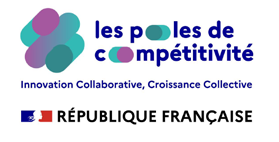

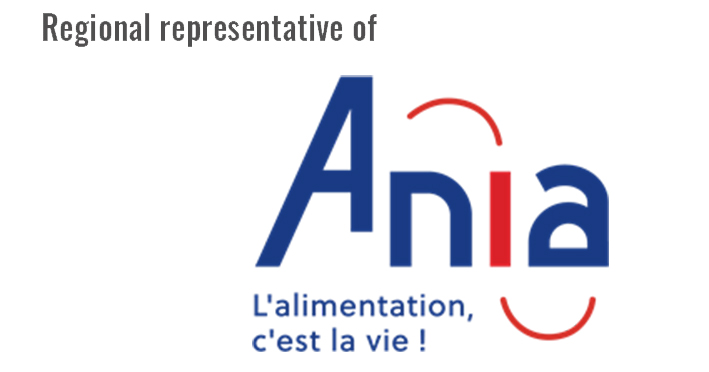

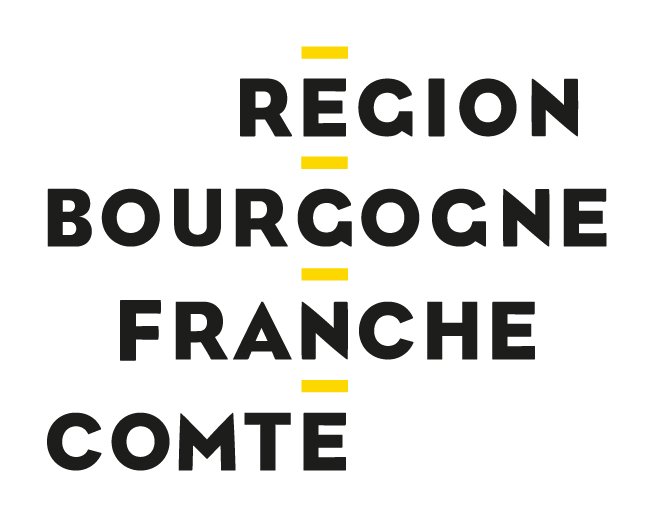
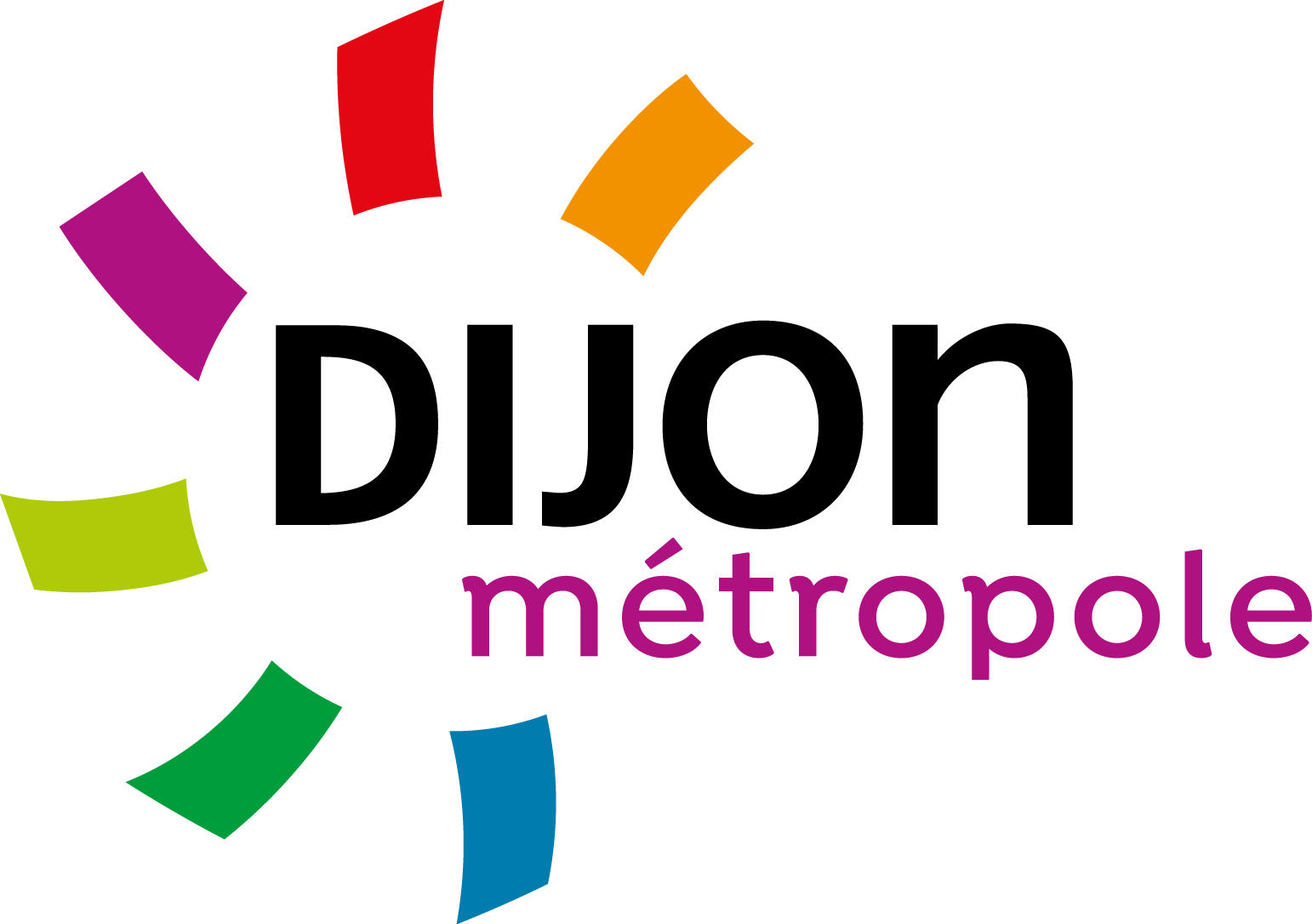









Share your opinion